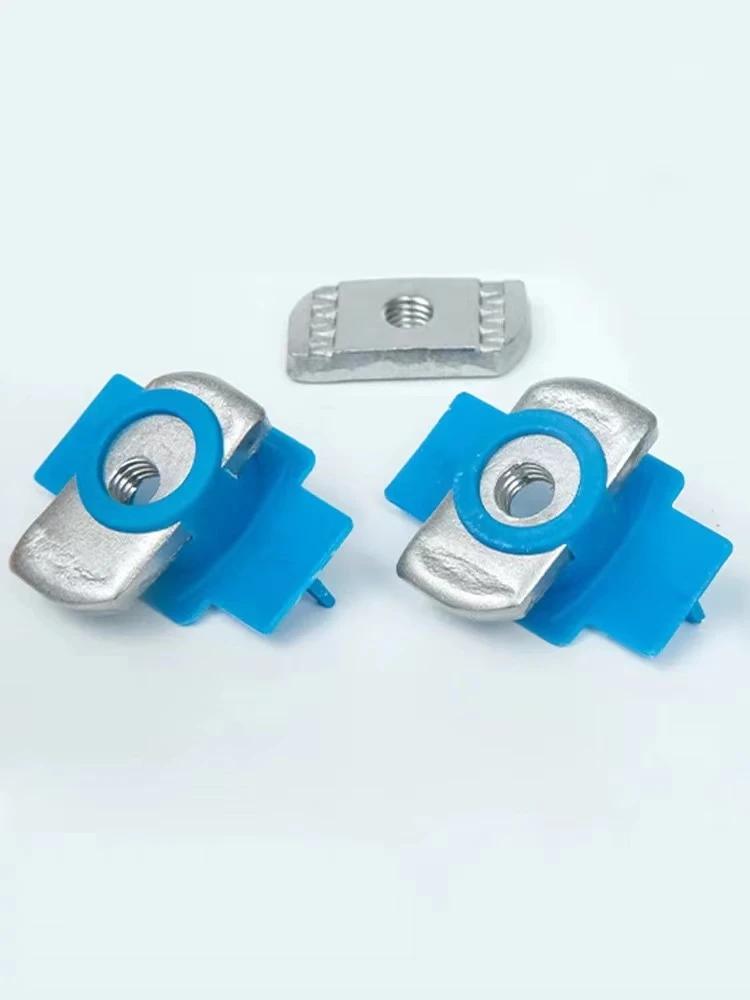

threaded bolt
Oct . 19, 2024 09:38 Back to list
threaded bolt
The Versatility and Importance of Threaded Bolts in Modern Engineering
Threaded bolts, often deemed as unsung heroes in the world of manufacturing and construction, play an instrumental role in a myriad of applications across various industries. With their specific design featuring a helical ridge or thread wrapped around a cylindrical shaft, these fasteners are not just simple pieces of metal; they embody a complex interplay of engineering principles that ensure structural integrity and reliability in countless assemblies.
Understanding Threaded Bolts
At their core, threaded bolts are a type of fastener that comprises a head and a long shaft with external threads. The primary function of a threaded bolt is to join two or more components together, offering a strong, secure connection. Typically manufactured from materials such as steel, stainless steel, or even more specialized alloys, their durability and strength can be tailored to suit various applications and environments.
The threading on the bolt allows for a nut or a tapped hole to be screwed on, resulting in a strong clamping force that holds the components together. Available in a variety of sizes, lengths, and thread patterns (such as coarse, fine, or extra-fine), threaded bolts can fulfill various functional requirements in different contexts.
Applications in Diverse Industries
1. Construction In building and infrastructure projects, threaded bolts are ubiquitous. They are commonly used in steel structures, where beams, columns, and frames need secure fastening to withstand heavy loads and dynamic forces. The ability to create a removable joint makes them preferable in settings where modifications or disassemblies are needed.
2. Automotive The automotive industry heavily relies on threaded bolts to assemble critical components, such as engines, chassis, and body parts. The robustness of these fasteners ensures that the vehicles can handle vibrations, shocks, and loads during operation.
3. Aerospace In aerospace applications, where safety and performance are paramount, the precision and quality of threaded bolts are critical. They are used in aircraft assemblies where high strength-to-weight ratios are required, and failures can result in catastrophic consequences.
threaded bolt

4. Manufacturing Threaded bolts are fundamental in machine assembly, where they help to secure equipment, tools, and parts. Whether in heavy machinery, electronics, or consumer goods, they provide the necessary stability and support for the functioning of the end product.
Engineering Considerations
When selecting threaded bolts for a specific application, engineers must consider several factors, including material selection, thread type, bolt grade, and coating. For instance, bolts used in outdoor applications may require corrosion resistance, leading to the choice of stainless steel or coatings like zinc plating. Additionally, the tensile strength of the bolt, indicated by its grade (such as Grade 5 or Grade 8 in the U.S.), must match the needs of the application to ensure reliability under load.
Moreover, the torque specifications are crucial when tightening threaded bolts. Too little torque could lead to inadequate fastening, while too much could result in shearing or stripping, compromising the integrity of the assembly. Engineers and technicians often utilize torque wrenches and other tools to achieve the precise tension necessary for reliable fastening.
Future Trends
As technology advances, the realm of threaded bolts continues to evolve. Innovations in materials sciences, such as the development of lighter and stronger composite materials, pave the way for new types of fasteners that can further enhance performance in demanding environments. Additionally, the rise of additive manufacturing (3D printing) opens up possibilities for creating bespoke designs that can incorporate threaded features as part of the manufacturing process.
The integration of smart technologies is also gaining traction. Imagine bolts equipped with sensors to monitor structural integrity and alert engineers to potential issues before they become critical. Such innovations could revolutionize maintenance practices, particularly in industries like aerospace and civil engineering.
Conclusion
In summary, threaded bolts are integral components that support the foundation of modern engineering and construction. Their straightforward yet effective design makes them indispensable across a plethora of industries. As advancements in technology continue to develop, the role of threaded bolts will undoubtedly evolve, ushering in a new era of efficiency, safety, and innovation in fastening solutions. Recognizing and appreciating the significance of these simple yet powerful tools is essential for anyone involved in design and manufacturing.
Latest news
-
Hot Dip Galvanized Bolts-About LongZe|High Strength, Corrosion Resistance
NewsJul.30,2025
-
High-Strength Hot Dip Galvanized Bolts - Hebei Longze | Corrosion Resistance, Customization
NewsJul.30,2025
-
Hot Dip Galvanized Bolts-Hebei Longze|Corrosion Resistance&High Strength
NewsJul.30,2025
-
High-Strength Hot-Dip Galvanized Bolts-Hebei Longze|Corrosion Resistance&High Strength
NewsJul.30,2025
-
Hot Dip Galvanized Bolts-Hebei Longze|Corrosion Resistance&High Strength
NewsJul.30,2025
-
Hot Dip Galvanized Bolts - Hebei Longze | Corrosion Resistance, High Strength
NewsJul.30,2025

